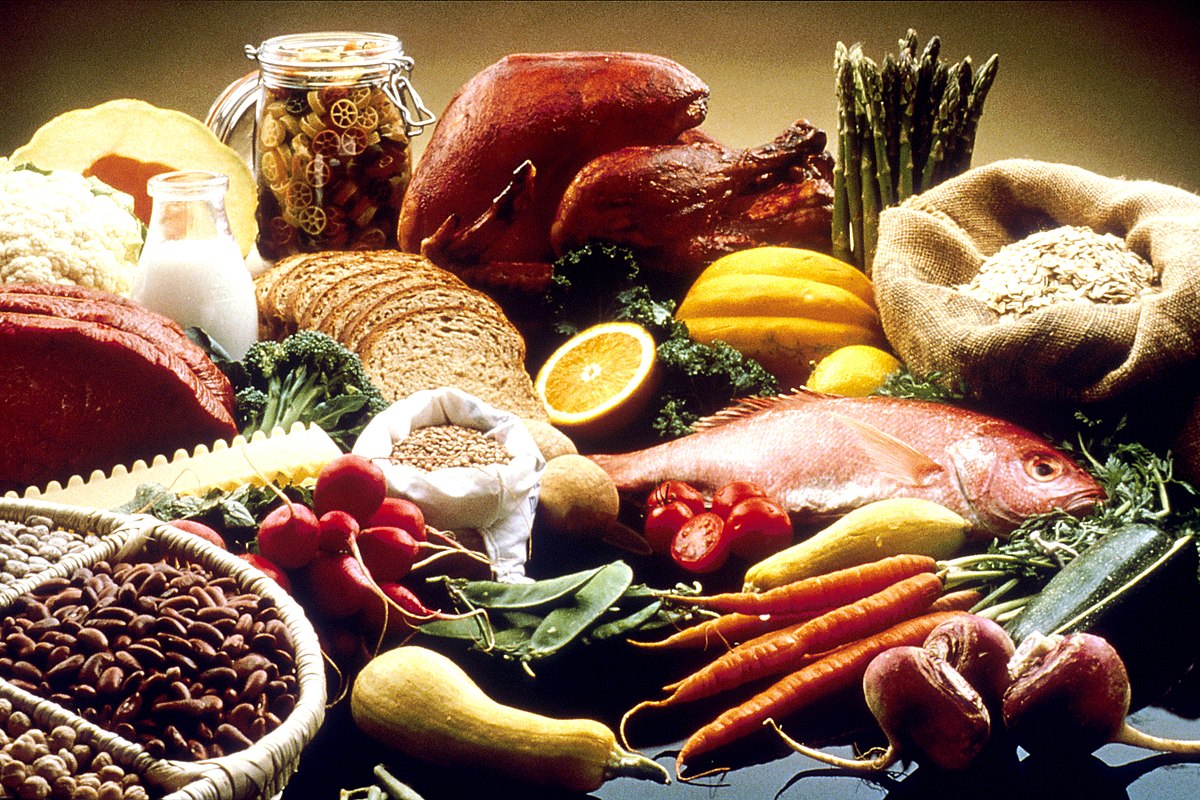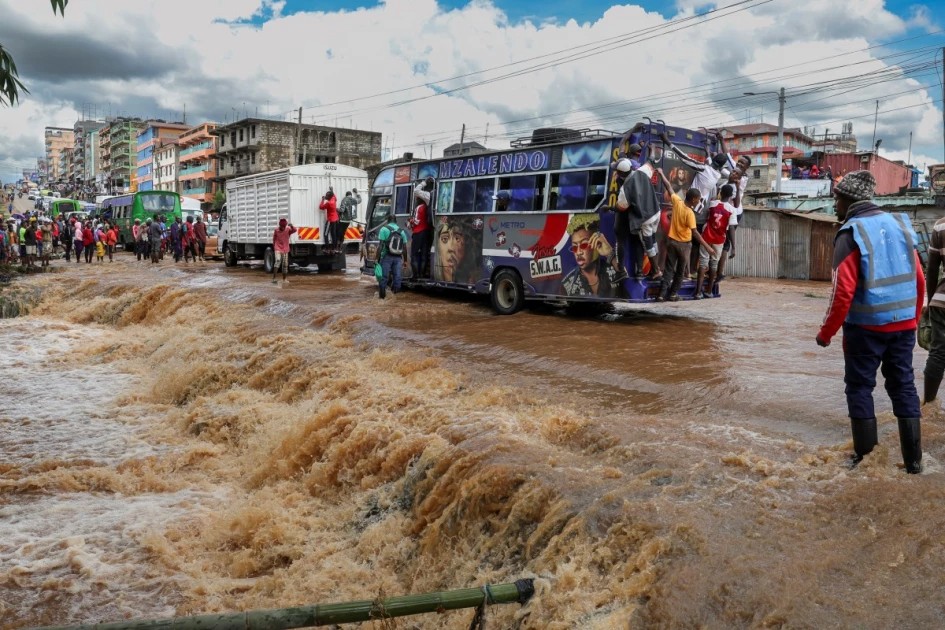- On the sixth International Day of Awareness of Food Loss and Waste (IDAFLW), the UN issues a call to action to use climate finance to curb emissions and strengthen food security worldwide. "Stop Food Loss and Waste. For the Planet. For the People," the events theme September 29, 2025, spotlights the staggering environmental and economic toll of wasted food.
On the sixth International Day of Awareness of Food Loss and Waste (IDAFLW), the UN issues a call to action to use climate finance to curb emissions and strengthen food security worldwide.
"Stop Food Loss and Waste. For the Planet. For the People," the event's theme for 2025 spotlights the environmental and economic toll of wasted food.
Each year, approximately 1.05 billion tonnes of food in homes, markets, and restaurants, among others, are lost or wasted globally contributing to 8–10% of greenhouse gas emissions, costing the world economy $1 trillion. UN agencies have emphasized that reducing food waste is not just a moral obligation but also a climate solution right on our sight.
“Food waste is a triple threat it fuels hunger, drives emissions, and drains economies,” says UNEP. “Climate finance must prioritize food systems if we’re serious about meeting the Paris goals.”
The UN urges individuals to take simple steps such as meal planning, proper storage, and creative cooking to reduce waste at home. Meanwhile, regional efforts in Asia-Pacific and India focused on systemic solutions such as expanding cold chain infrastructure to prevent spoilage in supply chains.
Read More
In Kenya, where post-harvest losses remain a challenge, experts say investments in rural storage and transport could dramatically improve food availability and reduce climate impact.
This year’s observance placed climate finance at the heart of the conversation. Advocates called for increased funding to support innovative technologies for food preservation, community-led waste reduction programs and resilient supply chains in vulnerable regions.
The event aligns with Sustainable Development Goal (SDG) 12.3, that aims to halve the world food waste by 2030. With COP30 on the horizon, leaders say food systems must be central to climate negotiations.






-1769677767.jpg)